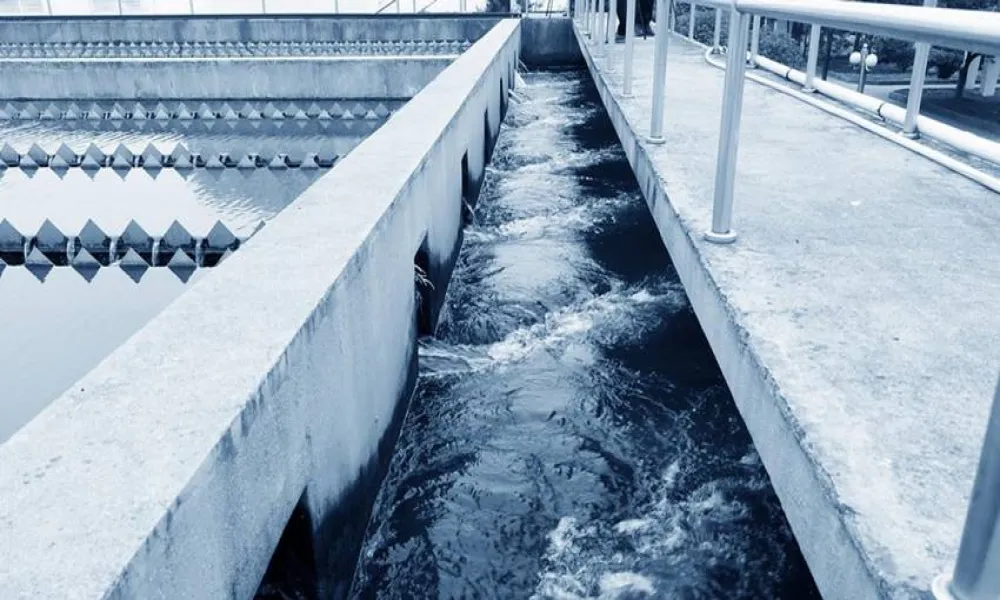Parliament has been briefed that the Ministry of Agriculture will allocate €196 million in 2026 for measures approved by the Council of Ministers to address the water crisis driven by prolonged drought. The package combines more desalination, leakage reduction, governance reforms and new infrastructure. The House Finance Committee will examine the ministry’s 2026 budget on Monday.
Desalination to secure drinking water
The largest ever allocation will cover production costs for desalinated water drawn from:
-
Five permanent plants in Paphos, Episkopi, Vasilikos, Larnaca and Dhekelia with total capacity of 235,000 m³ per day.
-
Four mobile units at Moni and Kissonerga and, from early 2026, at Garyllis and Limassol Port with 47,000 m³ per day.
-
Three further mobile units due in 2026 at Episkopi, Vasilikos and the Famagusta district with 30,000 m³ per day.
-
Small private hotel units supported by a grant scheme so hotels meet their own needs without burdening state systems.
Cutting network losses
State funding will help District Self-Government Organisations and communities reduce leakage from ageing pipes. The EU-funded project on reducing water losses and complying with the Drinking Water Directive continues, including assessments of leakage levels and calculations for networks not yet integrated into district bodies.
Planned actions include a stronger public awareness campaign, completion of the Water Policy Review to forecast needs through 2050, and a Pricing Policy Study to propose tariffs that maximise recovery of production and distribution costs across all uses. Pricing is seen as a key conservation tool.
Priority projects include the Kofinou pumping station that completes Phase A of the Vasilikos to Nicosia scheme, interconnected photovoltaic systems at treatment and pumping sites, and the Polis Chrysochous sewerage system.
Major projects already under way
Ongoing works cover the Vasilikos to Nicosia and Kokkinochremos schemes with a combined €102 million budget to strengthen supply for Nicosia and free Famagusta, reclaimed water use in Larnaca, flood-control dams in Aradippou, replacement of the Choirokoitia to Famagusta main pipeline Phase A, upgrades to water treatment plants, a monitoring and control system for the WDD network, sewerage in the Solea Complex and Phase III of the Larnaca system.
To cushion drought impacts, the plan advances rural irrigation and drinking water projects: completing Solea irrigation networks, upgrading irrigation schemes in Kokkinochoria, Larnaca, Akrotiri, Germasogeia and Paphos, utilising boreholes for community supply, replacing local pipelines, building new reservoirs and drilling new boreholes for communities outside central networks.
Pipeline of future projects
The 2026 budget also funds preparatory studies for:
-
A new permanent desalination plant in Eastern Limassol to meet the city’s full drinking water needs.
-
A new permanent plant in Dhekelia to replace and expand the existing unit for free Famagusta.
-
An irrigation project in the Diarizos Valley.
-
Irrigation works for Western Nicosia.
-
Expansion of reclaimed water use from urban wastewater plants.
Beyond development, there is increased spend for dam maintenance and repairs, operation and maintenance of treatment plants, and upkeep of hundreds of kilometres of transmission pipelines for drinking, irrigation and reclaimed water across Cyprus.
